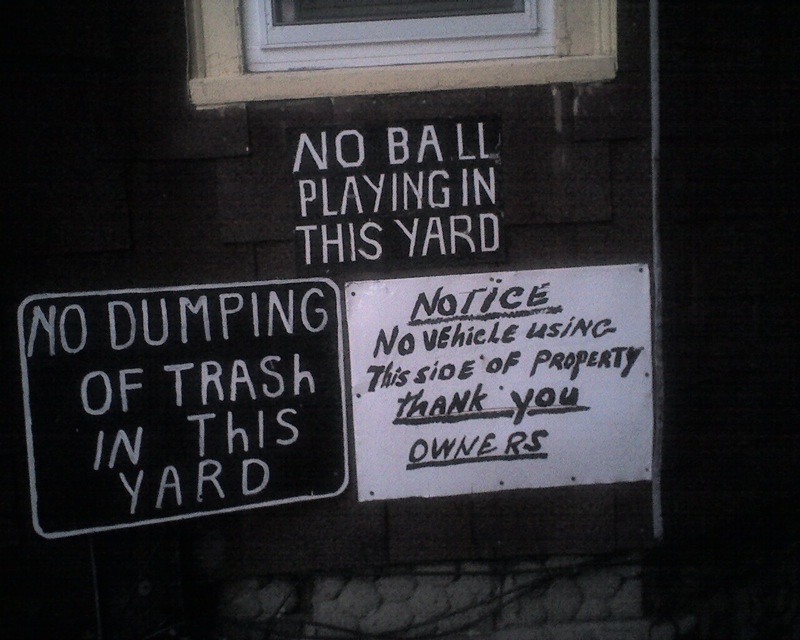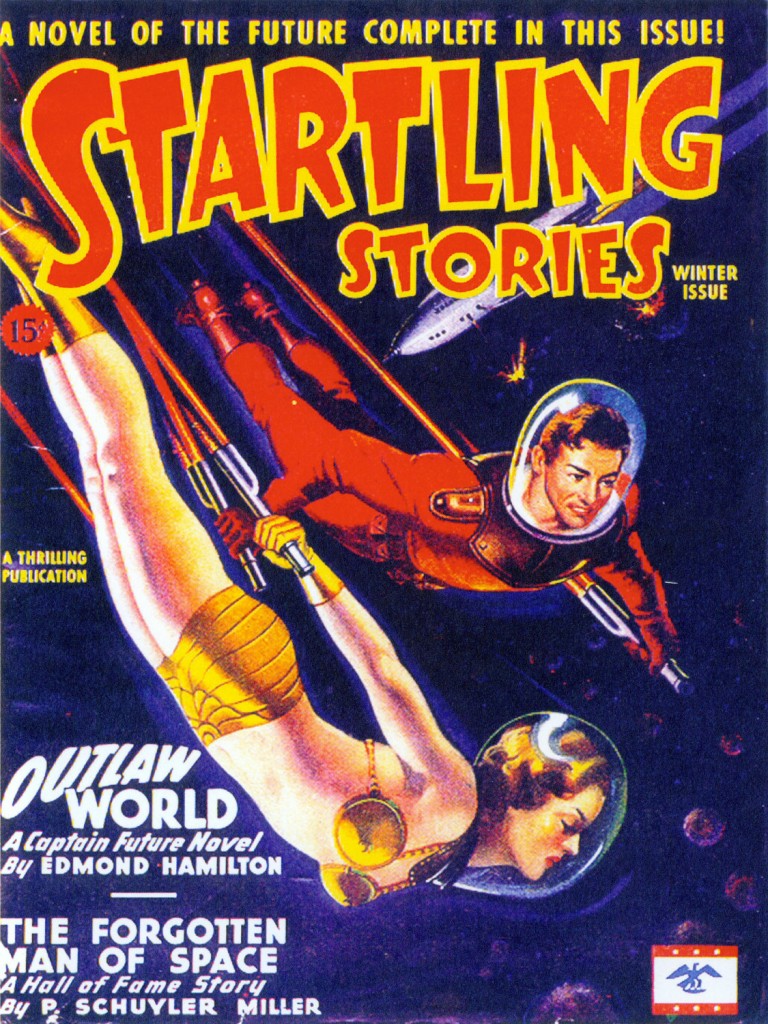
Pumping blood. Photo: David O
Thanks to Elliot for his fantastic idea of organising the student blogs into tutorials on his blog. As a result of this I have been able to do some exploring of the blogs belonging to my fellow classmates. Something that caught my eye was Prani’s post about rape culture and how society handles the issue. What she discusses is the way in which we as a society teach women that they are at fault, that it is their responsibility to protect themselves from rape. This is a perfect example of single-loop behaviour in action. Rather than trace the issue back to its foundation, we choose to notice the fault and create reactive measures, instead of attempting to resolve the roots of the problem. As a society in contemporary times we have a tendency not to speculate the future, or think about longevity. Our whole culture is based around our knowledge that we can build things and create ideas that are disposable or reactive, rather than behaving in a proactive manner and thinking about how things can be used into the future.
It’s hard not for us to act this way, we’re surrounded by disposable plastic containers and packaging. We’re accustomed to buying products that have a one year life (the life of a standard warranty most of the time, it’s not a coincidence that they break just after the warranty expires). We’ve been brought up to believe that their are unlimited resources, or more importantly that we can continue to harvest and consume, because there will always be another resource to take it’s place (Well, our generation at least). It’s no surprise that we’re depleting our valuable minerals, such as petroleum. I myself have tried to step out of the overconsumption chain, and have begun making choices that are based on the future. (Like buying this fantastic leather briefcase. Made of natural materials and has a 100 year warranty. That’s not something you see every day.) Buying for the future is not all of it though, even more important is thinking for the future.
Back to the main point – this example of rape culture – ties in exactly to what we’ve been exploring in Networked Media. There is an ideology in society that women are not safe on their own – especially at night. There is a narrow-minded point of view towards the idea of rape, that it is somehow the fault of women. When we criticise women for walking home alone, or dressing in sexually alluring clothing, we don’t stop and think about trying to resolve the issue completely, or improve society’s attitude towards women. We simply put in reactive measures (ie, those “How not to get raped” classes Prani mentioned). Issues like this bring to perfect light the fact that society as a whole needs to change its behaviour, and begin to function in a manner that is more embracing of the future, and double-loop learning practices. As Adrian has said, we are a single-loop learning society. Speculation, adaptability and proactivity are words that spring to mind once again. They’re the sorts of thought processes and actions we need as a society in order to advance and prosper.
That was long and rambling. Some interesting issues were discussed. Some I’ll elaborate on further in future blog posts – I’m big on the idea and study of overconsumption and that sort of stuff – others, perhaps might be explored and discussed by my peers in the future. We’ll wait and see.






